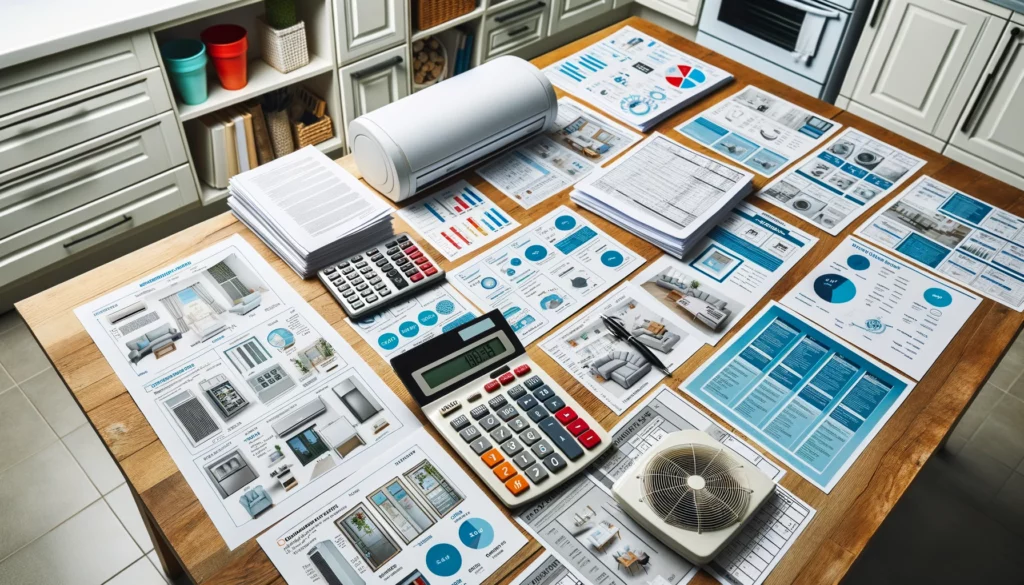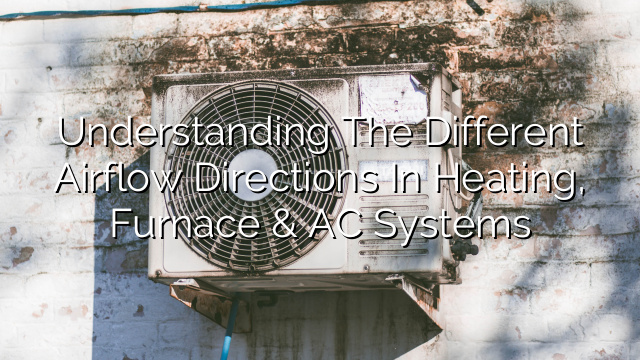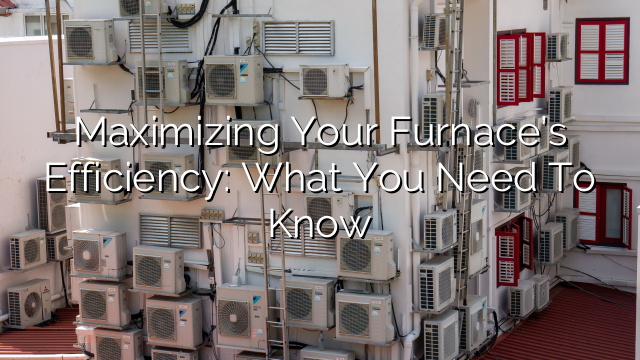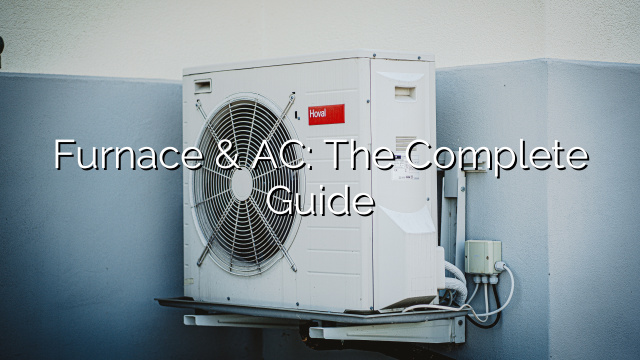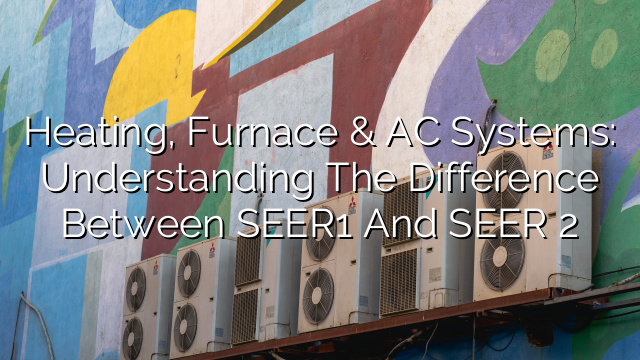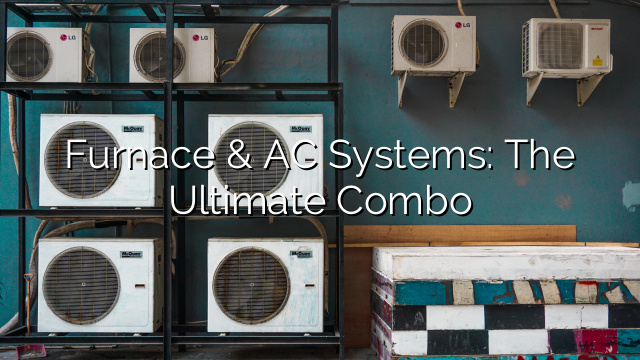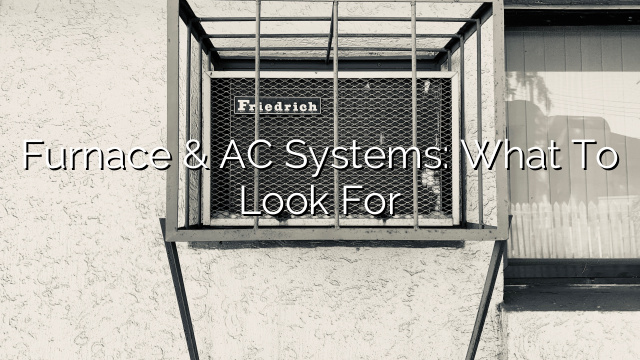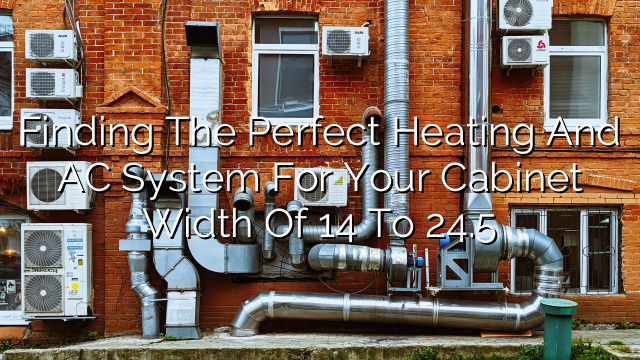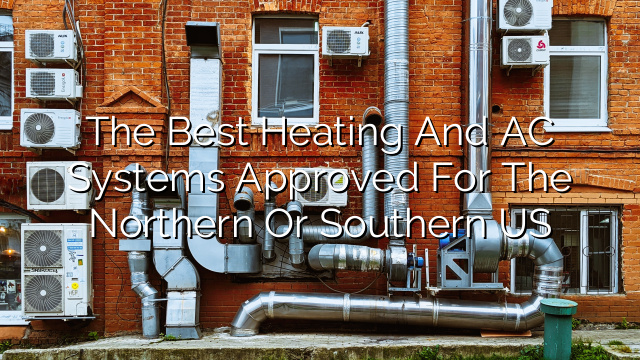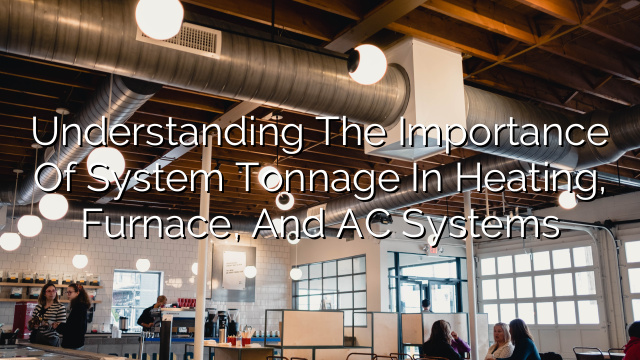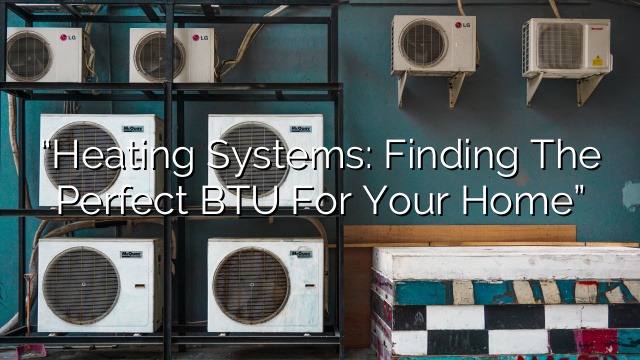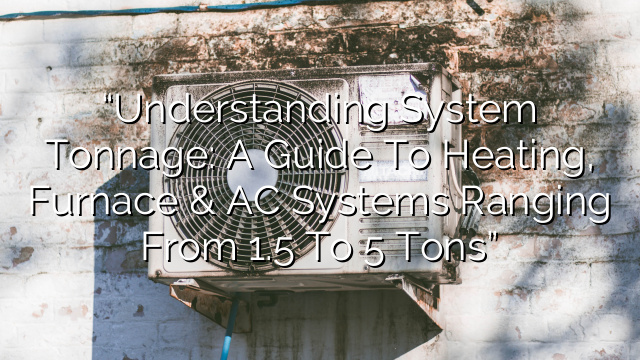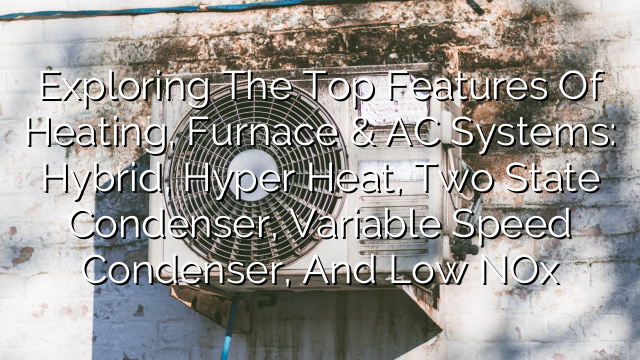When it comes to managing a home, the Heating, Ventilation, and Air Conditioning (HVAC) system is a significant factor that plays a pivotal role in ensuring comfort and quality of living. However, the financial aspect of running residential HVAC systems, especially the most expensive ones, can be a daunting challenge for many homeowners. Let’s delve into understanding which HVAC systems are the most expensive to run, why they incur such high costs, and explore strategies to mitigate these expenses.
Identifying High-Cost HVAC Systems
The most expensive residential HVAC systems to run are typically those that are inefficient and outdated. These systems often have a low Seasonal Energy Efficiency Ratio (SEER) rating, implying that they consume more energy to cool or heat a home1. The financial burden of operating these systems can be attributed to several factors, including higher energy consumption, frequent maintenance and repair needs, and substantial installation costs for upgrades2,3,4.
Unpacking the Costs
- Higher Energy Consumption: Inefficient HVAC systems tend to utilize more energy to regulate the temperature within a home, leading to escalated energy bills4.
- Maintenance and Repair: Older HVAC systems may demand more frequent and potentially costly repairs and maintenance, adding to the overall operational cost2.
- Installation Costs: While upgrading to a more efficient HVAC system can be a financially sound decision in the long run, the initial investment, including installation costs, can be quite hefty3.
Strategies to Lower Energy Bills
Despite the inherent costs of running expensive and inefficient HVAC systems, homeowners can employ several strategies to manage and potentially reduce their energy bills:
- Regular Maintenance: Ensuring that HVAC systems are regularly maintained can enhance their efficiency and prevent costly repairs2.
- System Upgrade: Investing in a more efficient HVAC system can eventually lead to lower energy bills, despite the initial financial outlay3.
- Sealing Air Leaks: Addressing and sealing air leaks within the home can prevent the loss of cooled or heated air, reducing the workload on the HVAC system4.
- Programmable Thermostats: Utilizing programmable thermostats can help manage the home’s temperature more effectively, avoiding unnecessary energy consumption4.
- Changing Air Filters: Regularly replacing air filters ensures the HVAC system operates efficiently and helps avert potential repairs4.
By implementing these strategies, homeowners can navigate the financial implications of operating even the most expensive residential HVAC systems, ensuring a comfortable living environment without breaking the bank.
Credits and Sources
This blog post synthesizes information from the following sources:
- Quality Comfort Services, Inc. – Discussing strategies for high HVAC efficiency and lower energy bills2.
- Simply the Best AC – Exploring why HVAC systems can be expensive and providing solutions3.
- Vito Services – Identifying HVAC problems that may cause utility bills to spike1.
Additional sources were mentioned but not accessible for further information and have not been included in this post. For a more comprehensive understanding and additional tips, readers are encouraged to explore the provided links directly.
Conclusion
Navigating the world of residential HVAC systems, especially the most expensive ones to operate, can be complex and financially challenging. However, through informed strategies and mindful practices, homeowners can effectively manage and even reduce their energy bills, ensuring both comfort and financial sustainability.

